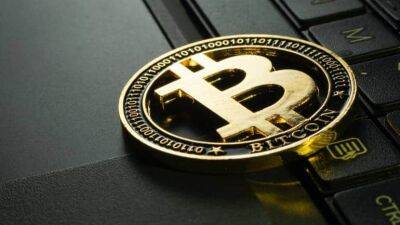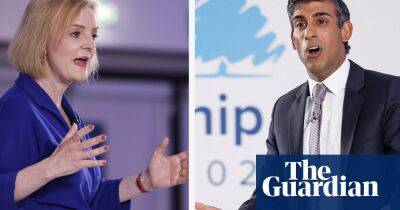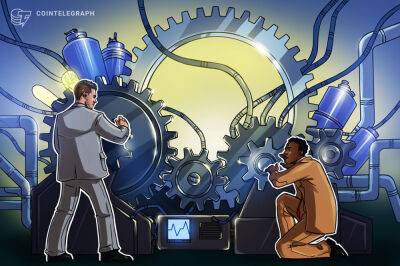Top Federal Reserve officials say they misread inflation and now plan to correct the course
Top officials at the Federal Reserve were seeing inflation data come in very hot for months before policymakers moved to wind down monetary policies that were stimulating the economy.
A chorus of analysts, economists and former policymakers have chimed in, saying that was a mistake. «The forward guidance, overall, slowed the response to the Fed to the inflation problem» former Federal Reserve Chair Ben Bernanke told CNBC. Treasury Secretary Janet Yellen also acknowledged the misdiagnosis coming from her own department, and that of current Fed Chair Jerome Powell.
«Both of us could have probably used a better word than 'transitory,'» she told senators in June when asked about their remarks about inflation last year and their slow response to price pressures. It's the Fed's task to tame inflation that is running at a pace not seen in four decades. To do so, it has been hiking interest rates at a fast pace. Reining in inflation may take more aggressive monetary policy moves than the central bank has embraced in recent years, according to economists like Judd Cramer. His research indicates that the Fed may need to hike rates to levels not seen in decades to force rising prices into retreat.
«If inflation is going to be high and remain higher, that means that the neutral rate in the economy is also going to be higher because the price of goods are going up,» he said to CNBC.
A June survey of inflation expectations from the New York Federal Reserve suggests the price hikes aren't over yet. The group predicts that by June 2023, prices will have risen approximately 6.8% from their current levels. Maintaining stable prices and maximizing employment are the Fed's top responsibilities. Jobs appear plentiful in the U.S., which may
Read more on cnbc.com






![Ethereum Classic [ETC] defies 51% approaching danger, here’s how - ambcrypto.com - city Santiment](https://finance-news.co/storage/thumbs_400/img/2022/8/26/38542_t8i7.jpg)














